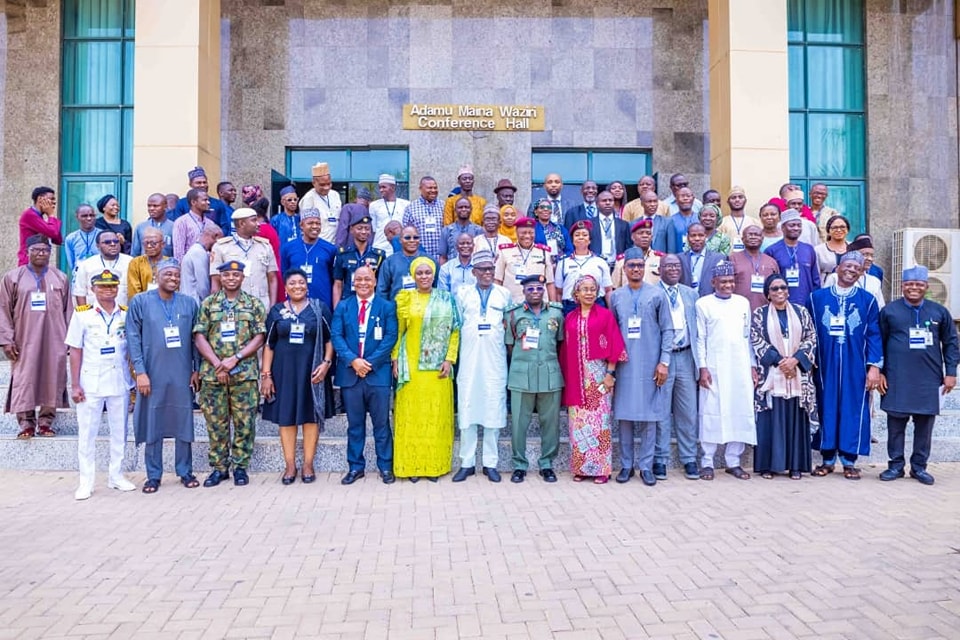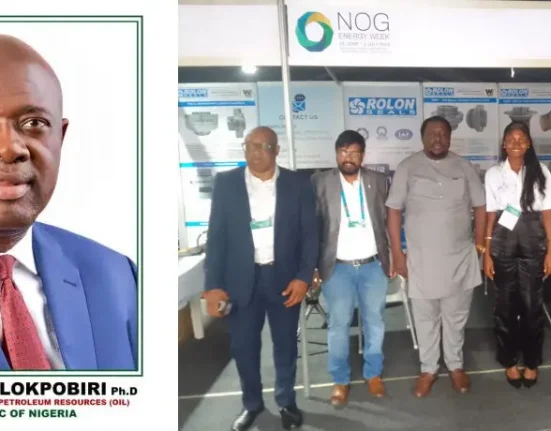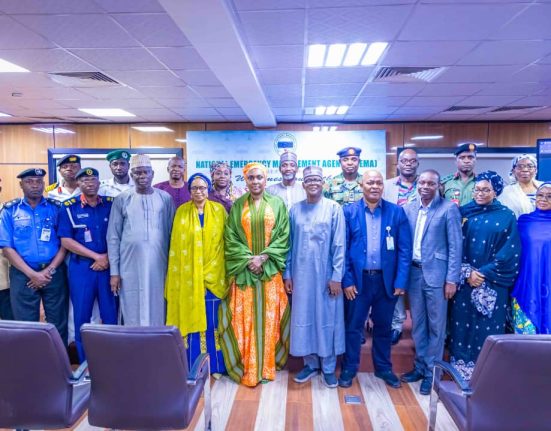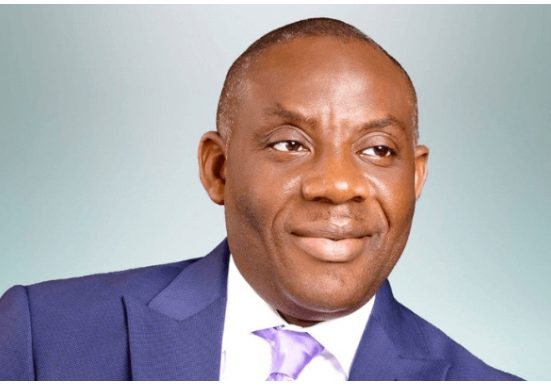As Nigeria braces for another potentially devastating rainy season, the Director-General of the National Emergency Management Agency (NEMA), Zubaida Umar, has called on stakeholders across all sectors to intensify preparedness efforts to mitigate the impact of flooding and related hazards in 2025.
Speaking during a high-level stakeholders’ engagement held Thursday, May 15, at the CSEA Centre in Mabushi, Abuja, Umar emphasised the urgency of collaborative action in the face of early warnings issued by both the Nigerian Meteorological Agency (NiMet) and the Nigeria Hydrological Services Agency (NIHSA). The meeting, organised under the framework of the 2025 National Preparedness and Response Campaign (NPRC), brought together representatives from government agencies, security forces, development partners, and civil society organisations.
“Flood disasters are not inevitable. Their impact can be significantly reduced if we adopt a coordinated, proactive approach,” Umar said, urging Ministries, Departments and Agencies (MDAs), local governments, and emergency responders to treat the seasonal outlook with the seriousness it deserves.
The NEMA boss noted that the 2024 flood season exposed gaps in Nigeria’s disaster response system, with thousands of families displaced, farmlands submerged, and critical infrastructure damaged. She said the Agency is now working to strengthen early warning systems, enhance public awareness campaigns, and preposition relief materials in vulnerable zones across the country.
“Our theme this year, ‘Strengthening Preparedness for Resilient Communities,’ is not just a slogan. It is a call to action. Our priority must be the safety of Nigerians—especially the most vulnerable populations who are always the hardest hit,” Umar stressed.
She also reaffirmed NEMA’s commitment to inclusive disaster management, stating that new frameworks are being developed to ensure that women, children, persons with disabilities, and the elderly are not left behind in response planning.
The Director-General commended the support of the National Assembly, the Nigerian Armed Forces, Red Cross, and state emergency agencies, while calling for the depoliticisation of disaster relief efforts. “Lives are at stake. We cannot afford to play politics with emergency response,” she warned.
Stakeholders at the event pledged renewed collaboration, with several MDAs promising to integrate the 2025 seasonal forecasts into their operational plans. Development partners also expressed interest in scaling up technical and financial support for disaster mitigation.
With climate-related hazards on the rise, experts at the event underscored the need for long-term investments in flood-resilient infrastructure, improved urban planning, and strict enforcement of environmental regulations.
The 2025 NPRC marks a critical step in Nigeria’s national strategy to reduce disaster risks, enhance emergency readiness, and promote sustainable community resilience in the face of worsening climate threats.







